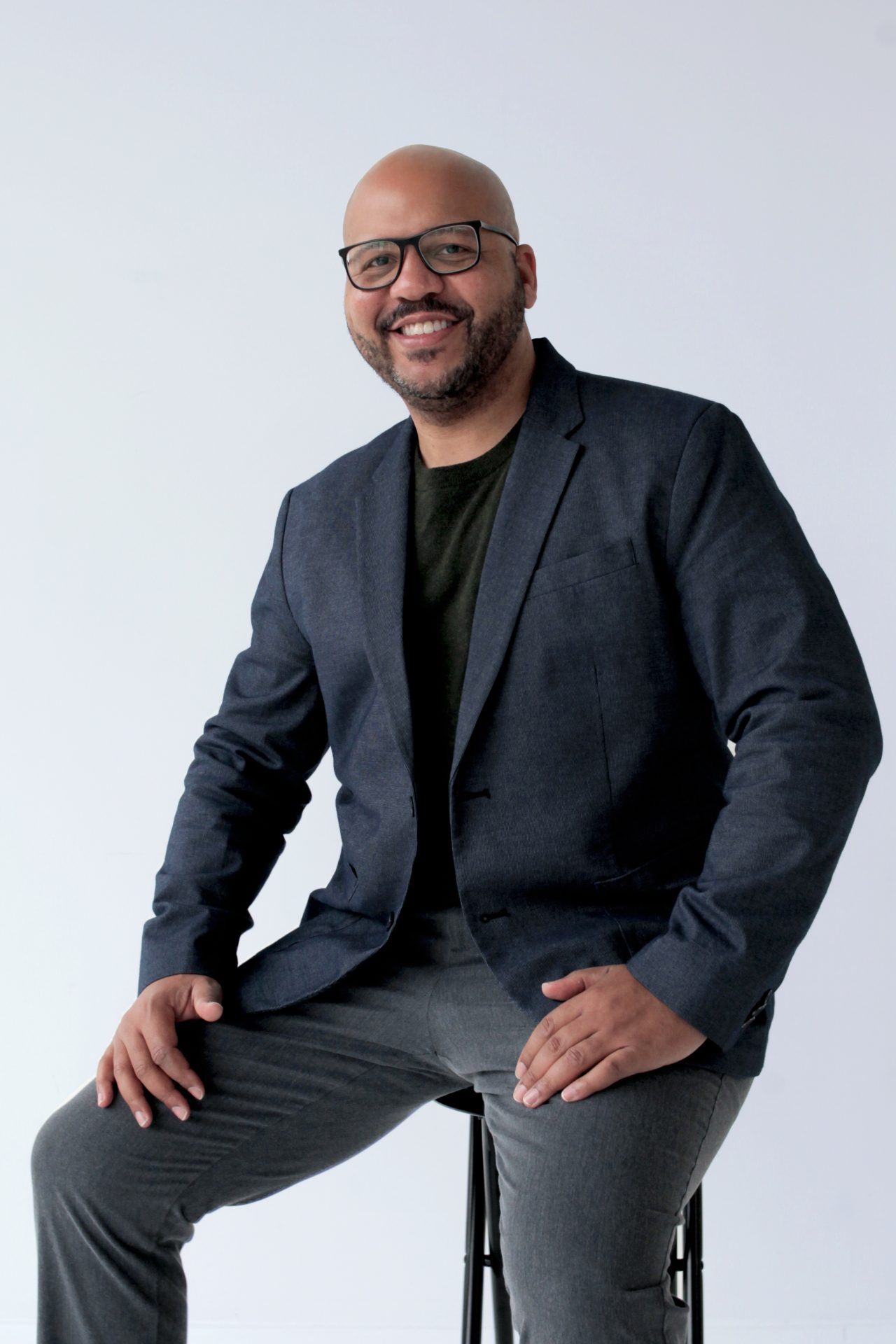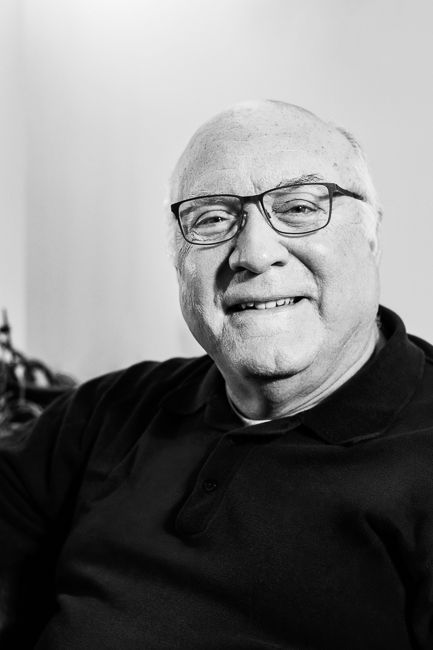
One of the joys of my writing career has been unexpectedly crossing paths with some pretty amazing people. At a time when I truly needed the reminder that the best things come when you follow what feels right (and do the right thing in return) in came promoter, consultant, public speaker, and Belmont University professor Eric Holt. (We met when I had the pleasure of writing copy for his website.)
Eric is the visionary behind LoveNoise Group, a lifestyle marketing and promotions group whose focus is elevating black music. Almost 20 years after founding his company, he is still considered a regional go-source for all things urban, R&B, soul, and hip-hop music. However, Eric’s decision to start LoveNoise came out of necessity. There wasn’t any place to book the black artists he managed at the time. Fortunately, Eric believed in himself and the artists he managed who provided an alternative to the mostly Caucasian country music scene. He certainly wouldn’t allow archaic thought patterns to prohibit them from shining their light.
Since the first LoveNoise showcase in the basement of B.B. King’s, Eric’s brand has become a launching pad for black artists and a place where they could receive respect. LoveNoise, which eventually morphed into a radio show and weekly event, also expanded regionally and drew in mainstream performers such as Janelle Monae, NAS, and Indie. Arie. However, most importantly, like anyone in the history books that I admire, Eric rebelled against prejudice in a peaceful way. Rather than move on to another city with a more progressive cultural scene, or become more insular because of ignorance, he reinvested in Nashville. More than a musical platform, LoveNoise is a movement, support system for other mavericks, and ongoing motivation for the city to embrace diversity. In a time where Nashville is at a turning point, I hope it looks to platforms like LoveNoise as a reminder that the best cities are like kaleidoscopes—all colors come together to make one beautiful shape.
What’s the best piece of advice anyone ever gave to you?
In any public speaking event that I am a part of, I include a quote from my uncle, a former judge. He gave me this piece of advice when I was debating whether or not to follow an entrepreneurial path or pursue the profession that I had studied in school, law. “You’ll never have a problem getting a job but to create your own comes once in a lifetime,” he said. “And if you fail, just take the bar exam.” (Laughs) Fortunately, I haven’t had to do that yet, and attribute my success to his belief in me.
What’s the best piece of advice you give to audiences in your own talks as you do quite a bit of public speaking about your career yourself?
Let the other person tell you “no” before you tell yourself “no.” Some of the partnerships I’ve had with LoveNoise have been unbelievable, even to me, because the services that I offer are so unusual and unique. However, by understanding what I was offering, communicating it to others, and walking in with confidence my clients saw the value and said “yes.” But I had to tell myself “yes” first! Not no.
How did LoveNoise come about?
My partner and I wanted to solve one of the problems that we saw in Nashville at the time, which was there was either hard-core Southern gangster rap clubs or churches and nothing in-between. We wanted to create a platform for backpacker hip-hop or neo-soul artists because those were the types that we were managing at the time, and it was hard to book them local gigs. Our first LoveNoise event was the weekend of Labor Day 2002 in the basement of B.B. King’s. Over 500 people showed up, which was about 200 more than we could fit in the room. We started doing it every other week and then every week and it just sustained. I would compare it to the “Black Bluebird Café” in the respect that we featured unsigned underground black R&B, neo-soul, spoken word, hip-hop artist. Those artists had an immediate platform.
How did artists find out about you?
Through word-of-mouth. The reason they were drawn to us was that the standard and caliber of talent were so high. We vetted everyone that performed in advance by seeing them play live. I only wanted the best. My main goal was for the artists to make money, and oftentimes they would come and sell 50 or 100 copies of their record. It became a platform for commerce in the local black music industry.
What is one of your proudest LoveNoise moments?
One of the first big fundraisers we did for the National Musician of African American Music was at Ascend Amphitheatre with Maxwell as the lead performer. It was the first partnered show Live Nation had ever done at that space and, on top of that, it was with black promoters, which was pretty amazing.
I’m also very proud of the fact that, while we expanded over time, and moved into bigger venues and even other cities like Louisville, Birmingham, Chattanooga, Huntsville, Memphis, we have always focused our energy primarily on Nashville. We saw the growth pattern here and wanted to own the space. I am proud of what I’ve done in my hometown.
What is a dream of yours?
Owning my own venue in Nashville would be a dream. The narrative for most promoters is to eventually own their own venue and in 2021 there still isn’t one black-owned music venue here. I would like to change that. That would make the narrative feel complete.
Having broken ground in your hometown, how do you feel about your accomplishments almost 20 years later?
Knowing that I helped a local artist’s career is most gratifying to me. Every now and then I’ll hear an artist say how they got their start on a LoveNoise stage. Being a part of the community in that way is satisfying. I also love giving new artists opportunities and using my industry relationships to serve them. Most recently I just had two artists placed in Superbowl commercials and another two in Netflix movies. I’ve also helped other artists get publishing deals so they can finance their recording careers. That’s pretty cool.
Most of all, it’s been satisfying to see Nashville transition into a city that is more open to welcoming the “other.” I like to think that we were a part of that change. As a young promoter, when I had tried to book local R&B and hip hop acts around town the answer was always, “We don’t do black music here.” Even our very first show at B.B. Kings came about because the venue we were initially scheduled to be at canceled at the last minute when they found out the performers were black. In a way, I view my work as giving back to the leaders who mentored me at Howard University, in D.C., and taught me to confront ignorance. When I met racism post-Howard, it almost didn’t matter because the mentality they had taught me was “kill them with kindness and show them what you got to prove yourself.” That’s the approach I’ve taken to every situation and it has worked out well.


